AI-Driven Cars: Special Features and Impact in Transportation
Our present world continues to make great strides in every area of life, and one of the biggest means used to attain these achievements is by incorporating technology into almost every aspect of life. One of these aspects of technology is improving the transportation sector. Now, with the plans for AI-driven cars to become a reality, we are about to witness mobility being revolutionised in one of the most efficient ways possible. This article will draw attention to some of the intended features these cars are expected to have and how they plan on making life easier.
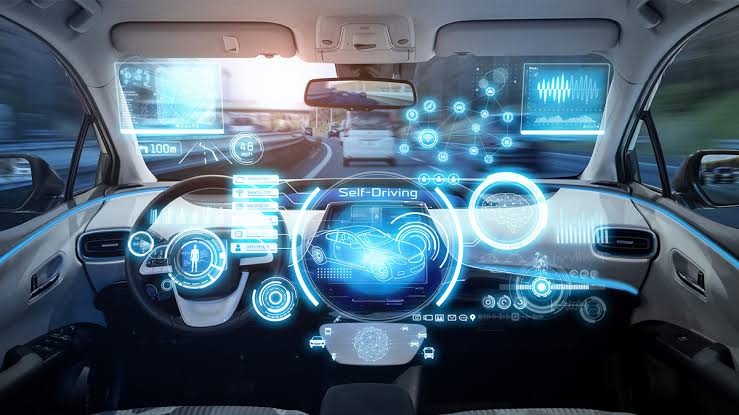
AI-Powered Automated Driving
Of course, the main objective of integrating an AI system into cars, is to get the cars to drive themselves. The AI system enables the vehicles to navigate roads and make decisions without human intervention. With the help of sensors, cameras, and a machine learning algorithm, these vehicles can understand their surroundings and interpret traffic conditions to react swiftly to ensure safe and efficient travel. More of these smart vehicles on the roads can potentially reduce the risks of accidents and greatly minimise traffic congestion.
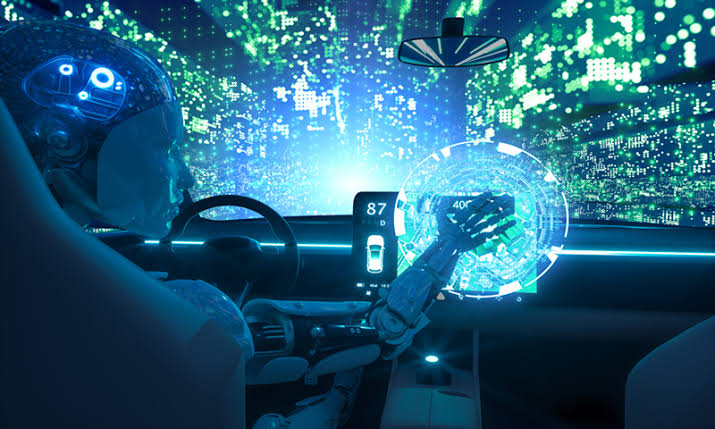
Driver-Assistance Systems
When a human chooses to take control of the wheels instead of leaving it to the AI, these smart cars have systems that boost the driver’s capabilities behind the wheels, enhancing general safety. Features such as cruise control, lane-keeping assistance, and automatic emergency braking are poised to help lessen risks and accidents on the road.
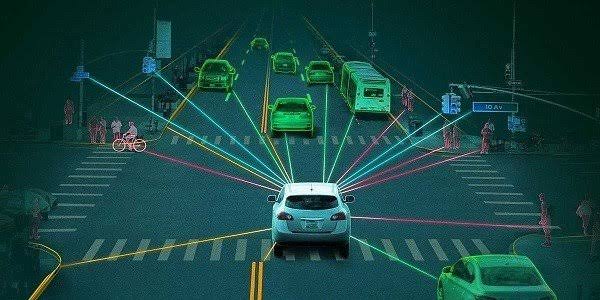
Personalised User Experience
One of the exciting features of these AI cars is their ability to personalise their systems to suit their owners’ personal preferences. With the help of AI algorithms, the car can learn how the user prefers his vehicle to be in terms of seat adjustments, temperature, preferred routes when going to a familiar location, and so on. This adaptive feature makes the car seem tailor-made just for its users and improves the general driving experience.
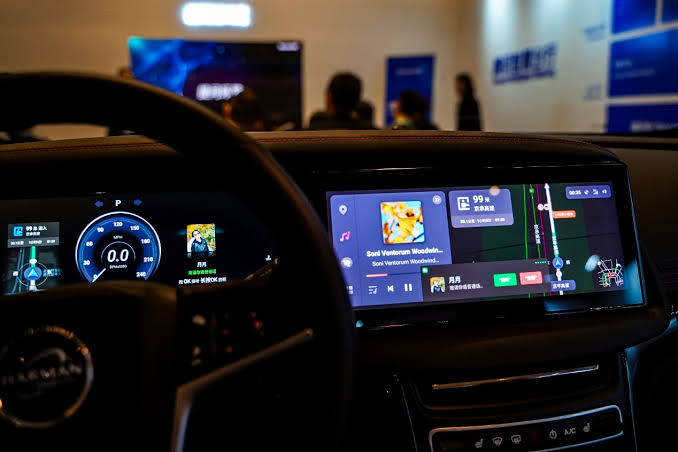
Connectivity and Communication
With smart vehicles able to communicate with other vehicles close by and even compatible smart devices, these vehicles can exchange information about different road signals or traffic flow to navigate different locations with minimal effort.
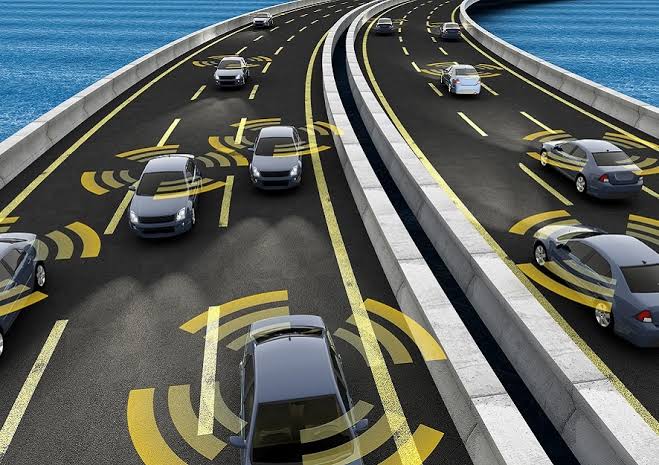
Environmental Benefit
One of the expected features of smart cars is making these vehicles become electric vehicles. Having more electric cars makes the environment healthier as it reduces the chances of carbon monoxide being released into the air, thereby making the environment free from pollution and irritation that comes with carbon monoxide being produced by burning fuel in cars and the like.
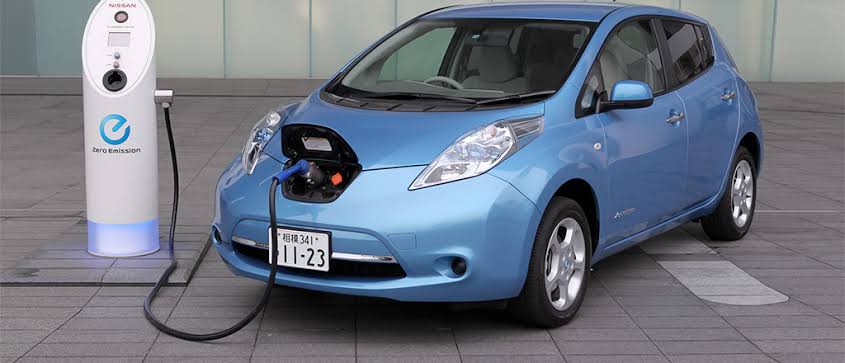
There’s no doubt that technology continues to make advancements and tries to make life better as much as it can. These smart vehicles are a transformative force that has to become a reality sooner than later. Such innovation creates even more room for improvement in other aspects of life.

Johnson Chukwueke
Johnson Chukwueke is a content and creative writer with over 3 years of experience as a professional. A microbiology graduate from the Imo State University, Johnson is a music enthusiast who also enjoys movies, reading, and swimming. He is a writer at THEWILL DOWNTOWN.






